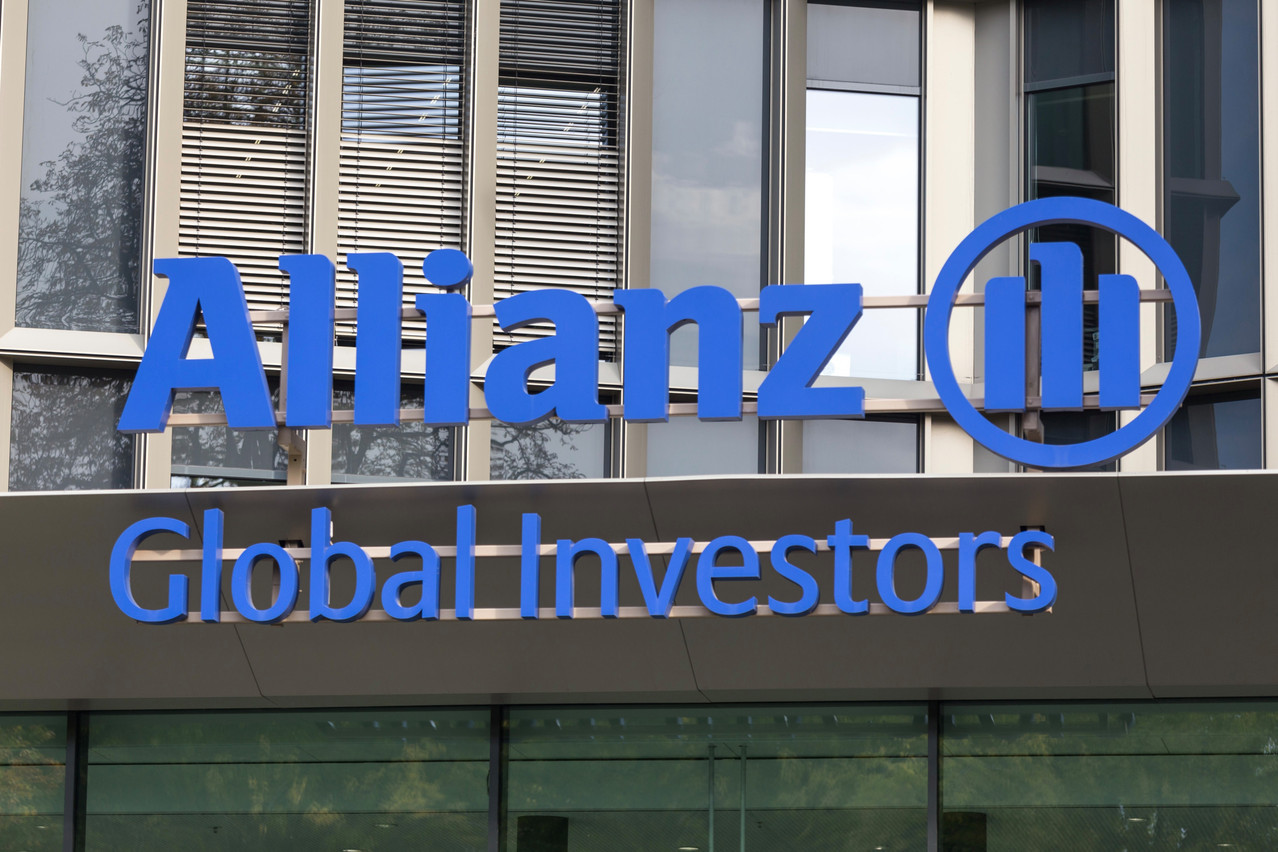The Luxembourg Financial Sector Supervisory Commission (CSSF) has upheld an administrative fine of €283,000 against Allianz Global Investors’ Luxembourg branch, in relation to non-compliance with anti-money laundering (AML) and counter-terrorist financing (CFT) obligations. The fine was initially imposed on 25 March 2022, following an on-site inspection by the CSSF.
The Luxembourg branch, part of a management company authorised in another EU member state, failed to meet several professional obligations regarding AML and CFT measures. This was by the Luxembourg administrative court, which upheld the CSSF’s decision in a ruling issued on 7 February 2025.
According to the regulator, several deficiencies were identified during an inspection that began on 12 November 2018, focusing on the Luxembourg branch’s compliance with AML and CFT regulations, which ultimately led to the €283,000 fine imposed in 2022.
Key failures
The CSSF found several critical failures in the Luxembourg branch’s compliance with AML and CFT regulations:
- Risk analysis deficiencies: The branch’s risk analysis did not adequately account for over 1,000 natural persons directly invested in the funds managed by the branch. These investors were registered as clients of the Luxembourg branch, which failed to include them in its AML/CFT risk assessment.
- Deficiencies in due diligence on investors: The branch relied on third-party entities for investor identification but failed to provide sufficient documentation for politically exposed persons (Peps), including evidence of the source of wealth. Moreover, the branch assessed the ML/FT risk for these investors as low, which contravened AML/CFT law. Additionally, the branch did not perform timely ongoing monitoring or provide complete initial documentation for one investor, violating several provisions of the AML/CFT Law and CSSF regulation 12-02.
- Due diligence failures on intermediary investors: The branch did not obtain senior management approval for two intermediary investor files, despite the fact that it held the sole responsibility for establishing business relationships with new intermediaries. Furthermore, the branch failed to align the risk level of intermediary investors with their geographical risk profile.
- Non-compliance with screening requirements: The branch failed to conduct name screening against Pep and financial sanctions lists for five investor accounts.
- Inadequate internal audit procedures: The branch did not conduct an AML/CFT-related internal audit for the years 2019 and 2020, violating the CSSF requirements. Additionally, there was no internal audit review cycle in place at the time of the on-site inspection.
In response to the identified breaches, the Luxembourg branch has since implemented corrective measures to address the deficiencies, the regulator added.
A representative of AllianzGI told Paperjam, “The fine was based on an on-site inspection on AllianzGI Luxembourg by the CSSF in 2018, during which certain non-compliant issues were identified with respect to AllianzGI’s AML/CFT framework, against the applicable Luxembourg AML/CFT regulations and guidelines. We wish to highlight that the findings of the on-site inspection were documentational or procedural in nature and no case of money laundering took place. All findings have been remediated in 2022 shortly after the issuance of such findings. Since this audit our internal and external auditors have not identified any material findings in the field of AML governance.”
